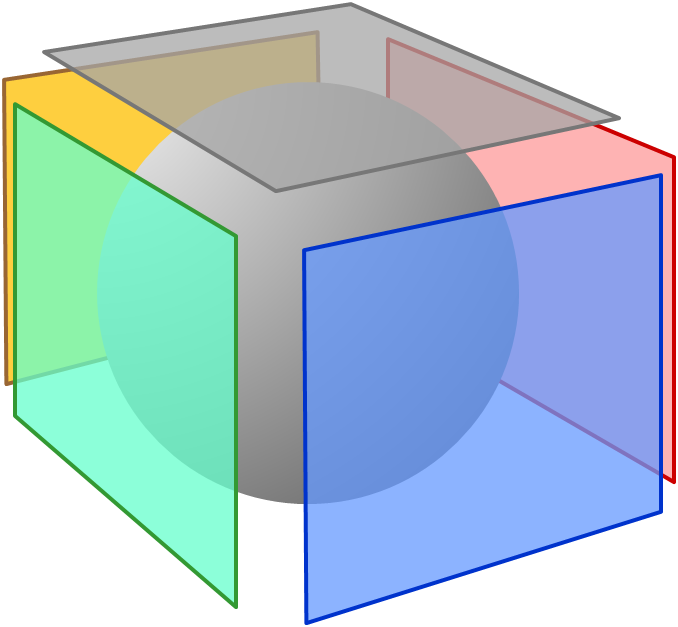 |
| Music |
| Computing |
| Info Arch |
| Theory |
| Practice |
| Glossary |
| Index |
Theoretical Background |
|
Information Architecture is a new topic which means that very few practitioners ever formally learnt any kind of theoretical background. More importantly even when the architect appreciates the challenge being faced it is common for the client to be unaware of the topic. This means that explaining the principles of the subject are usually an essential part of any Information Architecture project.
However the fact that this is a new approach does not mean that there is no underlying theory, it just means that the key concepts have traditionally been thought of as coming from distinct fields. A number of domains provide essential parts of the picture:
- Library Science: the study of the optimal way to organise libraries and other information resources
- HCI: the study of the way users interact with systems
- Information Theory: A branch of applied mathematics involving the quantification of information
- Philosophy: the study of ideas about existence, knowledge, truth, beauty, law, justice, validity, mind, and language
- Data Modelling: describing how data is represented and accessed
- Chaos Theory: a branch of mathematics that studies the behaviour of dynamic systems
In addition there are a large number of concepts that are central to the topic such as Complexity and relational data model
But is it architecture?
On question that almost always comes up is whether the activities describe can be called "architecture", can someone who does this work be thought of as an "architect"? Clearly the answer to this question depends on what you think an architect does.

In my definition the task involves mediating between the conflicting concerns of the various stakeholders. It involves presenting multiple views each tailored to the concerns of a different specialists yet all displaying elements of the same consistent concepts. It involves separating the owner's and user's needs and wants from the details of a current implementation so that future technologies and abilities can be incorporated later. So, yes, the term is justified in this case.
Links to this page
The following pages link to here: Complexity